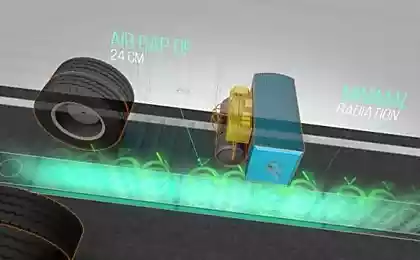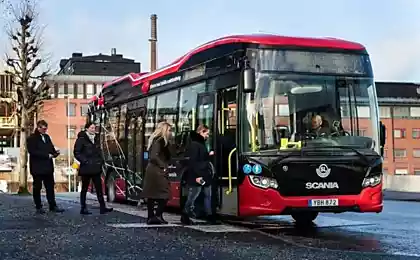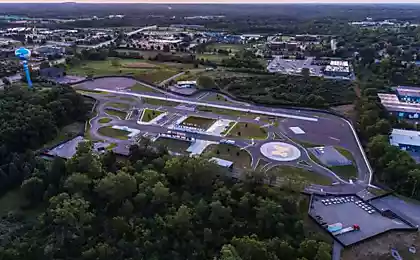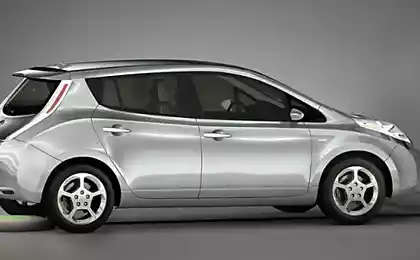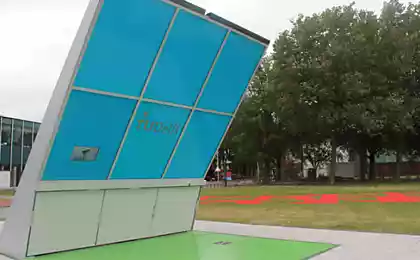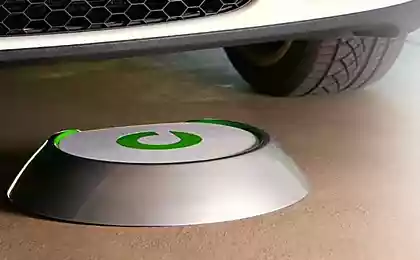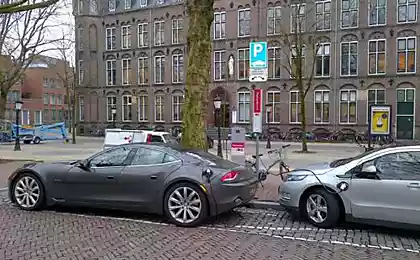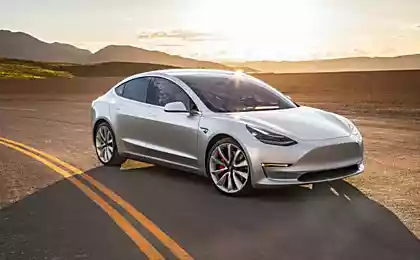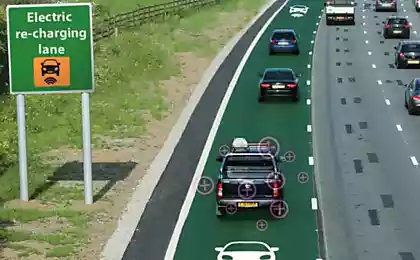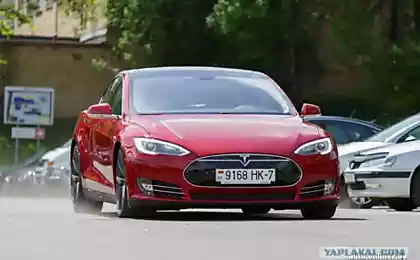907
In England experience "electric road" with wireless charging cars
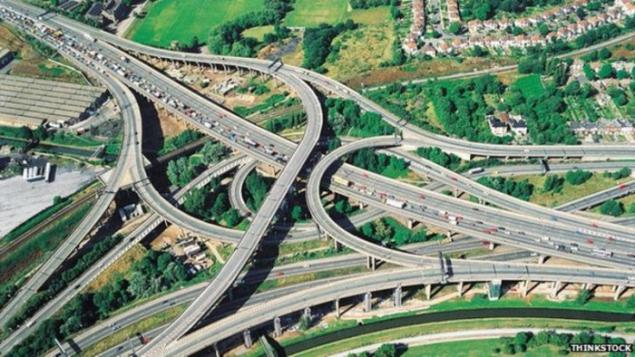
State Agency UK roads Highways England plans to test wireless charging cars through the roadbed. The corresponding пресс-релиз published on the site office.
If the experiment proves successful, then Mount the electrodes to the major highway Class A
The Agency has already conducted a технико-экономическое Study technology "Dynamic wireless transmission of energy." Now is the time for the field tests. Tender, to participate in commercial companies that can.
United Kingdom - not the first country where the wiring in the asphalt paving for the wireless charging of electric vehicles. In 2013, in the South Korean city of Gumi thus equipped with a 12-kilometer bus route, using technology Shaped Magnetic Field In Resonance (SMFIR), writes BBC. < br />
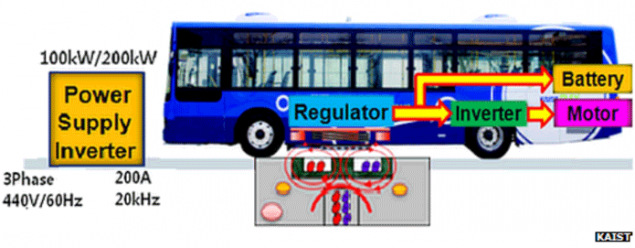
Shaped Magnetic Field In Resonance (SMFIR) i>
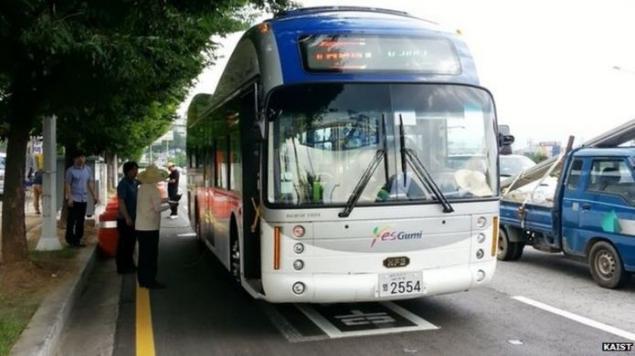
Electrical cables under asphalt generate an electromagnetic field which affects the coil within the vehicle where current is generated. However, for efficient operation of such sites charging point it is desirable that a bus or a car to stay here for a few minutes. This is a good option for bus stops. With stretch to suggest the location of areas at intersections with traffic lights.
It seems that in England will use another method of wireless power to the vehicle's battery can be recharged on the go. From a practical point of view it is more convenient.
Representatives of Highways England expect to conduct field tests of wireless charging in 2016 or 2017, but not on general roads, and is on a separate site. Place for tests yet to be chosen. The experiment will last about half a year before the government will make the final decision on the possibility of testing on real roads.
"The possibility of charging electric vehicles on the move opens up exciting prospects", - commented on the initiative of Andrew Jones (Andrew Jones), the Minister of Transport UK.
However, the project has critics. They say that the cost of laying the electrical infrastructure and the cost of electricity negate the economic benefits of electric vehicles. However, even critics admit that still makes sense to test the technology.
Even if the experiment with the wireless charging will economically sensible, agency Highways England are not going to abandon the plan for installation of "filling stations" for electric vehicles on the roads every 20 miles (32 km 1).
Source: geektimes.ru/post/260262/
Brief introduction to the basics of trading on the Forex currency
Birds continue to attack quadrocopters








